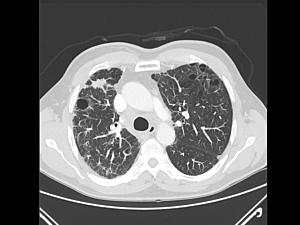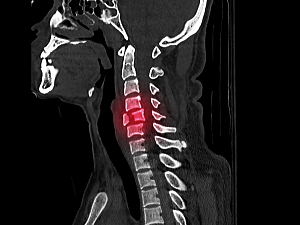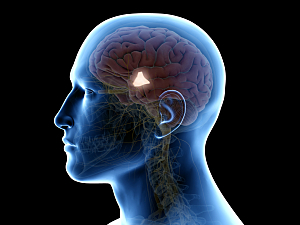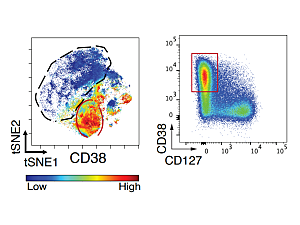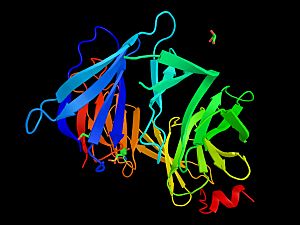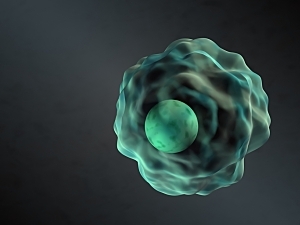Researchers Probe Links Between Colorectal Cancer, Bariatric Surgery and the Microbiota
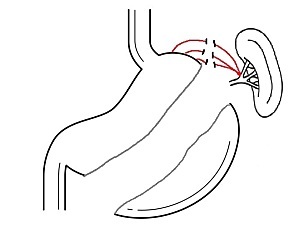
Brigham investigators are examining the link between the microbiota and colorectal cancer, including exploring how bariatric surgery changes the microbiome and the impact this connection may have on the development of colorectal cancer. James Yoo, MD, and Eric G. Sheu, MD, PhD, co-lead this new research initiative.
Read More...
